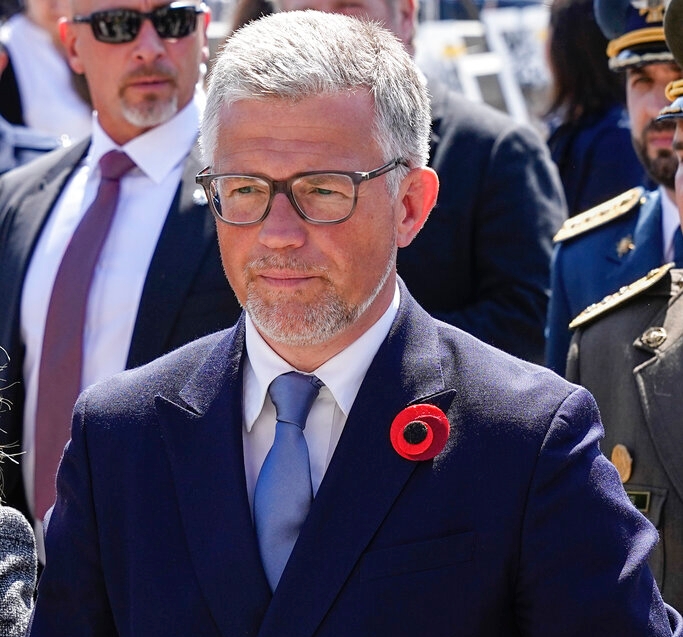Ukrainian Ambassador to Germany Andrij Melnyk has become famous for his strong criticism of Germany’s reluctance to support Ukraine. He has been a frequent guest on German TV and radio stations, and now, during one radio interview, he turned to defending Ukraine’s infamous World War II leader, Stepan Bandera, arguing that the genocide committed in Volhynnia during World War II by Ukrainian nationalists was simply revenge for Poles persecuting and murdering Ukrainians.
He also accused Moscow of building a false narrative about Bandera’s forces murdering thousands of Jews.
After the Russian invasion of Ukraine, difficult historical questions were put on ice so as not to spoil relations between Poland and Ukraine. This is why these comments by an experienced and well-known diplomat have caused such shock and outrage in Poland. Diplomats in both countries have tried to calm the situation with the Ukrainian Foreign Ministry distancing itself from Melnyk’s remarks, stating that they were his own private views and not those of the Ukrainian government.
It is rather strange that a Ukrainian ambassador should hold such views. They are the opinions of a nationalist activist or commentator, not of a diplomat. They were too public not to cause concern in Poland and damaged Ukraine right when it is beginning to suffer losses on the military front and the West is growing tired of the war and beginning to put pressure on Ukraine to end it.
Five months ago, there was outrage at comments made by the chief of the German Navy, Kay-Achim Schönbach, about the need to respect Putin and recognize Crimea, which cannot return to Ukraine. It quickly transpired that these were the private views of the admiral, and he soon resigned.
The navy chief was sharply criticized by Ambassador Melnyk, who talked about German arrogance and megalomania. Melnyk welcomed the resignation of the admiral but also felt this was not enough to rebuild trust.






